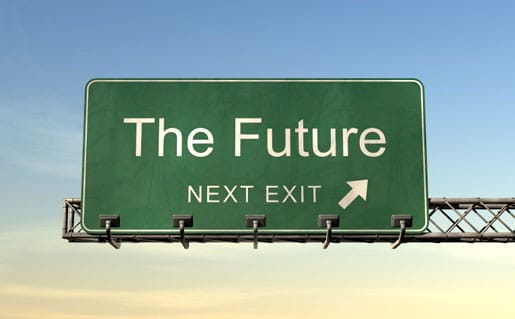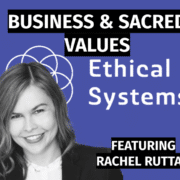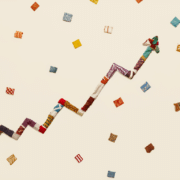It’s time for policy makers to enter the 21st century
 Can you imagine a world where marketers promoted products without knowledge of psychology and persuasion? Well, the equivalent is happening in policy making and international development- in fact it is the standard. Programs are created with people guessing about behavior change and implementation; policies are designed based on mistaken views of human behavior and incentives; partnerships are established without any regard to what science says makes for successful partnerships. Then somehow, people are surprised when these initiatives underperform or fail – if there are even feedback and accountability systems in place so that one would notice these things.
Can you imagine a world where marketers promoted products without knowledge of psychology and persuasion? Well, the equivalent is happening in policy making and international development- in fact it is the standard. Programs are created with people guessing about behavior change and implementation; policies are designed based on mistaken views of human behavior and incentives; partnerships are established without any regard to what science says makes for successful partnerships. Then somehow, people are surprised when these initiatives underperform or fail – if there are even feedback and accountability systems in place so that one would notice these things.
What are considered best practices in more competitive industries are nearly completely neglected in most of the highest-level policy making circles, a notable exception being the UK’s Behavioral Insights Team.
The policy and international development communities are in a unique, and ephemeral, moment in time. Profound, and powerful, insights from the behavioral sciences exist that can greatly improve the success of programs and policies but they’re barely being used in practice. This is why the World Bank’s 2015 World Development Report: Mind, Society and Behavior marks a watershed moment, even if policy makers haven’t yet realized it.
By applying psychology and the behavioral sciences to international development and policy making, the World Bank is prompting policy makers and development practitioners to enter the 21st century by applying psychologically-validated best practices – much like forward-thinking industries and businesses have been doing for decades now – to dramatically increase the efficacy of their work.
In a number of ways, what we’re doing at Ethical Systems is similar to the spirit of the 2015 WDR. The 2015 WDR brings together expert literature, shows examples of best practices, demonstrates the value added of doing so, and encourages others to do the same. Most of the leading businesses have tapped the behavioral sciences for narrow definitions of profit maximization but not for maximization of ethical behavior (that’s where Ethical Systems comes in).
If policy making and international development took place in more competitive industries, we would be seeing a tectonic upheaval in how things are done. At this point in policy making, failure to apply insights from the behavioral sciences is a failure to implement best practices and take advantage of something that is already considered standard in more efficient industries.
In 2009 and then again in 2012, Ethical Systems affiliate Barry Schwartz called for a council of psychological advisors. Recently Cass Sunstein has done the same. Nobel Laureate Danny Kahneman appropriately pointed out that “there is virtually nothing that can’t be improved by applying the behavioral sciences to it.” It all does seem to beg the question: Why wouldn’t you draw from the most relevant academic field when you’re trying to ensure the success of policies, programs and partnerships?
The 2015 WDR has done a great service to the policy making community by showing them how much they’ve been missing. Evidence-based policy should be more than a slogan. As an organization that applies insights from the behavioral sciences to increase ethical behavior, there’s certainly a lot we can learn from Mind, Society and Behavior as well.
The promotion of ethical culture without use of the behavioral sciences is a dated concept that will soon vanish. We can only hope that the same can soon be said of policy making and the behavioral sciences. Mind Society and Behavior is a major achievement towards that end.








